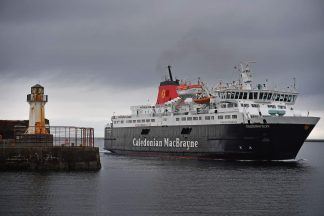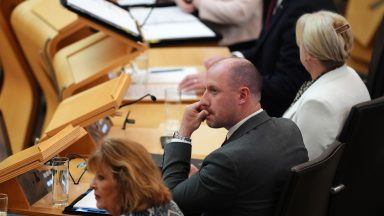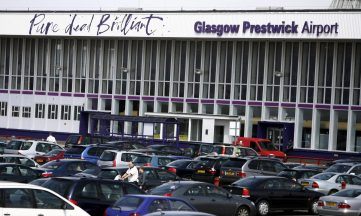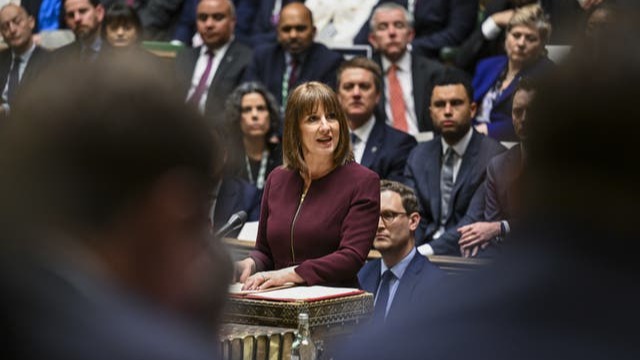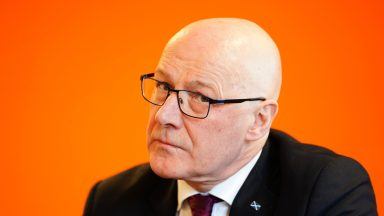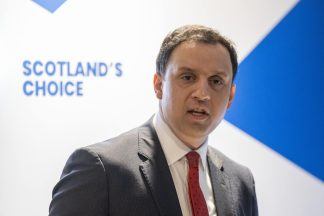People living in rural areas feel “let down” by the Scottish Government as poor bus provision leaves them stranded or too reliant on cars to travel, new research has revealed.
A report by the Institute for Public Policy Research (IPPR) also found people felt ministers were not doing enough to ensure they can rely on local bus services to take them where they need to go.
The study by the independent charity claimed bus miles have dropped by 27% since 2010 while car usage has continued to climb over the same period.
Residents said they felt squeezed between the ever-increasing costs of running a car and rising bus fares, and that the growing cost of living in less-populated areas is also forcing some to consider moving to urban areas.
The research also found a sense of frustration in communities around a lack of co-ordination between privately-run bus companies and local services, leading to situations where some people are having to wait up to three-quarters of an hour to catch a bus.
A working mother living in a rural area outside Dundee told researchers: “I can’t afford to buy food in the local shop where it’s 10 times more expensive than the supermarket, but getting there is a nightmare.
“My son takes the bus to school because he gets a free bus pass, but it gets him there 45 minutes early and he’ll often miss it on the way home because it leaves five minutes after the end of the school day.”
The IPPR is calling on the Scottish Government to address transport issues identified in rural communities through its research “promptly” to reduce burdens on residents and decrease carbon emissions.
The body believes declining bus provision will make it difficult for the Scottish Government to meet its commitment to reduce car miles by 20% by 2030, relative to a 2019 baseline.
The Wheels of Change report recommends the Scottish Government and Transport Scotland come up with a “clear plan” to cut emissions and car usage by 2030 and beyond.
It also argues anchor towns and communities should be designated, funded and supported as hubs for public services and transportation for people in rural areas so they can make trips using multiple modes of transport.
In addition, it recommends rural residents must be enabled to participate in transport decisions, with regional authorities ensuring that deliberative processes involve people from a wide range of backgrounds, including young people and those living on low incomes.
Maya Singer Hobbs, an IPPR senior research fellow, said: “Despite bold pledges and ambitious targets, the Scottish Government has not delivered on reducing transport emissions.
“People living in rural communities need more transport options, not less, but this requires the national government to devise a plan and fund it adequately.”
Dave Hawkey, a senior research fellow at IPPR Scotland, said: “Any credible response to the climate emergency needs to include changes to how and how much we travel. Those changes must be embraced by people, not imposed on them.
“That means communities should be given the opportunity to take an active role in decisions affecting transport options and the services available in their area.
“The Scottish Government and local authorities must make meaningful efforts to enable citizens to participate in change, otherwise emissions reductions will remain stalled.”
A Transport Scotland spokesperson said: “Our firm commitment to bus travel continues with almost £430m in funding for concessionary travel and bus services planned for 2024/25.
“The Scottish Government is committed, in partnership with operators and local authorities, to looking at ways of ensuring that everyone has accessible public transport regardless of where they live.
“The importance of local bus services to communities and ensuring the long-term sustainability of these vital local routes is a collaborative endeavour.
“The Scottish Government has now delivered all the bus powers within the Transport (Scotland) Act 2019 to enable local transport authorities to consider all the powers available to them, including partnership working, franchising and local authority-run services which sit alongside their ability to subsidise services.”
Follow STV News on WhatsApp
Scan the QR code on your mobile device for all the latest news from around the country


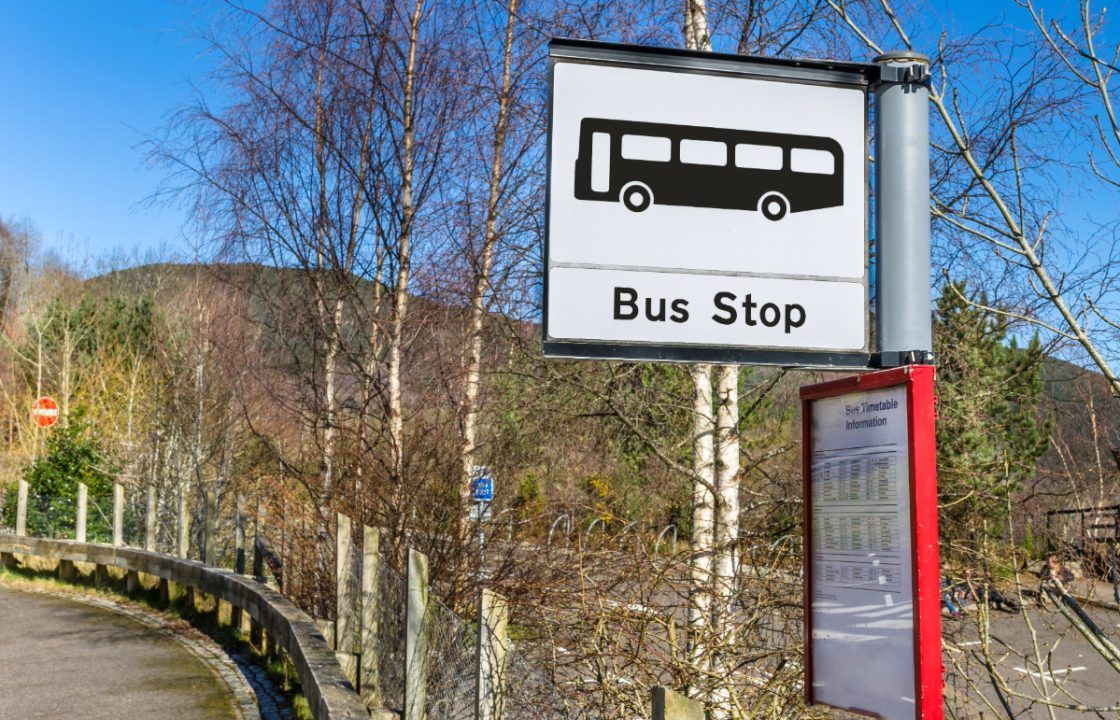 AlbertPego via Getty Images
AlbertPego via Getty Images








